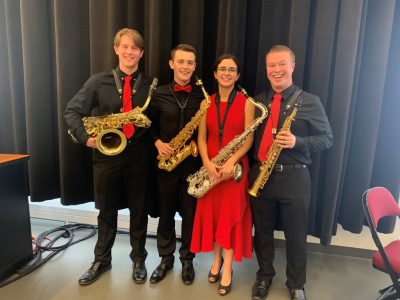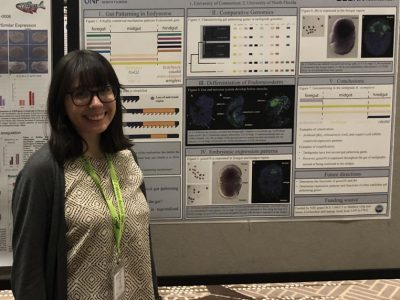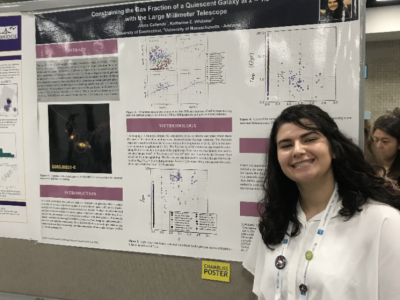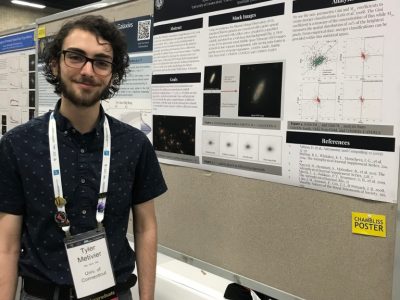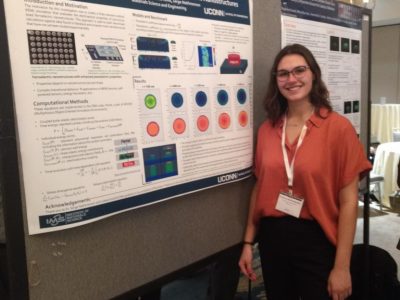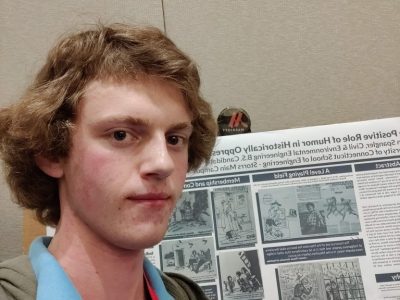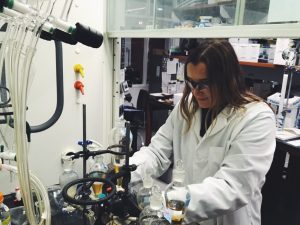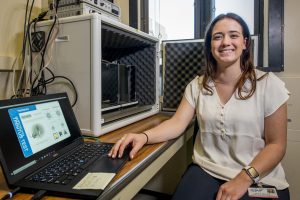Undecided about how to spend your summer? Consider an undergraduate research program or research internship hosted by a research institute or university. Many summer research programs and internships, including those listed below, are still accepting applications, some through mid March. There is still time to prepare a personal statement, gather application materials, and secure letters of recommendation. To help you prepare the strongest possible application, attend one of OUR’s online workshops on Applying for Summer Research Programs and Letters of Recommendation: Who and How to Ask.
COVID-19 Note: All summer programs are closely following developments related to coronavirus in order to react quickly to changing situations. Many programs expect to resume in-person activities as planned in 2021, but others have made the decision to be fully virtual. Check the individual program websites for updates.
Molecular and Synthetic Microbiology REU – University of Georgia
Deadline: February 19, 2021
https://mib.uga.edu/reu-site-molecular-and-synthetic-microbiology
Selected students will conduct independent research projects in cutting-edge laboratories mentored by UGA faculty and graduate students. Research topics address the diverse functions of bacteria, archaea, fungi, and other microbes. $5,175 stipend and a $500 food allowance provided.
Mountain Lake Biological Station, University of Virginia, REU Program – Ecology, Evolution, and Behavioral Field Research
Deadline: February 20, 2021
https://mlbs.virginia.edu/reuprogram
The MLBS REU program is a 10-week summer program provides students the opportunity to conduct guided, but independent, original research in field biology. Visit the REU website for information on specific REU projects and mentors; the program support 10 students each summer. $6,000 stipend, room and board provided.
Multicultural Academic Opportunities Program (MAOP) Undergraduate Summer Research Internship – Virginia Tech
Deadline: 5pm EST, February 22, 2021
https://maop.vt.edu/Undergraduate_programs/summer_research.html
This program provides undergraduates from diverse backgrounds the opportunity to conduct research under the guidance of a faculty mentor. Wide variety of academic disciplines; $3,000 stipend, free on-campus room and board. Applicants should be rising sophomores and juniors.
Brookings Institution Internship Program
Deadline: February 28, 2021
https://interns-brookings.icims.com/jobs/intro?hashed=-435682078
The Brookings Internship Program provides undergraduates the opportunity to learn new skills by working with Brookings’ staff in a variety of research areas – Economic Studies, Foreign Policy, Global Economy and Development, Governance Studies and Metropolitan Policy. Three types of internships are offered – paid, academic for credit, and external sponsorship.
University of Massachusetts Boston – REU in Integrative and Evolutionary Biology
Deadline: March 1, 2021
https://www.umb.edu/academics/csm/biology/beyond_the_classroom/research_experiences_for_undergraduates
This 10-week program offers students the opportunity to carry out an independent research project under the direction of a faculty advisor and research group. Sample research topics: marine community biodiversity and ecosystem function, amphibian microbiome and disease ecology, ecological genomics of plants, and biodiversity and ecoinformatics. Applicants should have completed at least one semester of college-level biology. $6,000 stipend.
Loyola Adventures in Urobiome Data (LAUD) Summer Research Program
Deadline: March 1, 2021
https://ssom.luc.edu/luerec/administrative/laud/
The 8-week LAUD program will be held virtually in summer 2021. Selected student researchers will gain exposure to current research areas in benign urologic disease, conduct hypothesis-driven research, and develop the skills to synthesize, interpret, and present their scientific research. Applicants should have completed genetics or cell biology along with a statistics course. $3,250 stipend.
American Student Placements in Rehabilitation Engineering (ASPIRE) REU Program – University of Pittsburgh
Deadline: March 12, 2021
https://www.herl.pitt.edu/education/undergrad
ASPIRE is a 10-week research program that focuses on rehabilitation engineering and assistive technology. This program will be offered virtually in summer 2021. Students indicate their top three projects choices on their application. Selected students receive a $4,750 stipend.
INSPIRE U2 REU Program – Spelman College
Deadline: March 15, 2021
https://sites.spelman.edu/inspireu2-reu/
The Increasing Statistical Preparation in Research Education for Underrepresented Undergraduates (INSPIRE U2) program is designed to expose rising sophomore female students to statistical programs and analytical techniques with the goal of increasing student interest in advanced degree programs in the quantitative fields. Note that the summer 2021 program will be virtual. Selected students will receive a $4,000 stipend.
American Society of Plant Biologists – Summer Undergraduate Research Fellowship
Deadline: March 28, 2021
https://aspb-surf.secure-platform.com/a/
The ASPB Summer Undergraduate Research Fellowships fund undergraduate students so they can conduct research in plant biology early in their college career. SURF recipients must present their research at ASPB’s annual Plant Biology meeting in the year following the fellowship award. Students may work with a mentor at their own institution or at another institution. Mentors must be a member of ASPB, have an ongoing research program of high scientific merit, and demonstrate a commitment to undergraduate education and research. $4,000 stipend, membership in ASPB and $700 in support for the mentor.

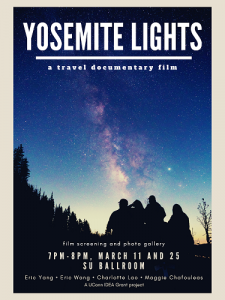 Maggie Chafouleas ’22 (CAHNR) – UConn IDEA Grant recipient
Maggie Chafouleas ’22 (CAHNR) – UConn IDEA Grant recipient